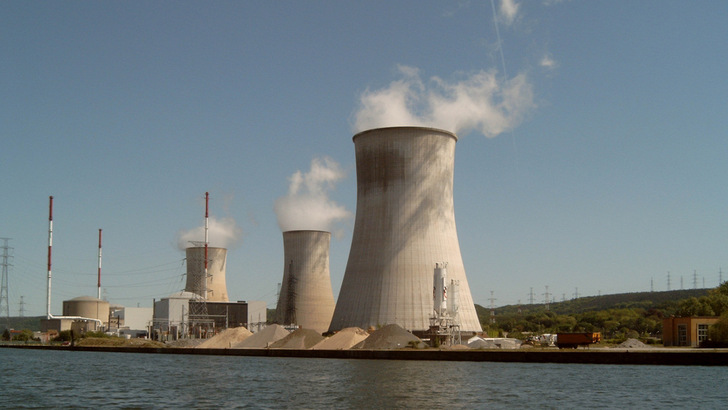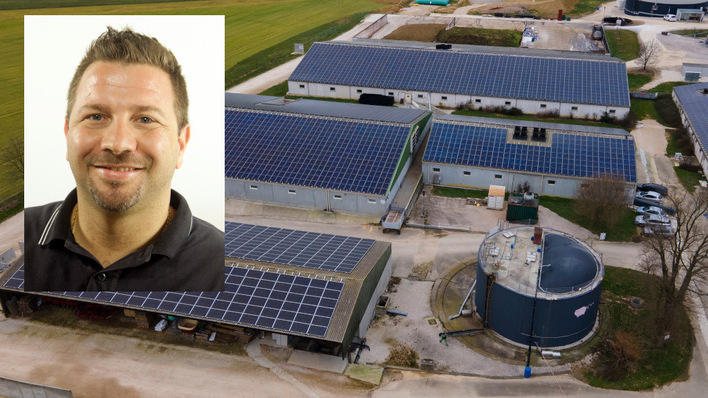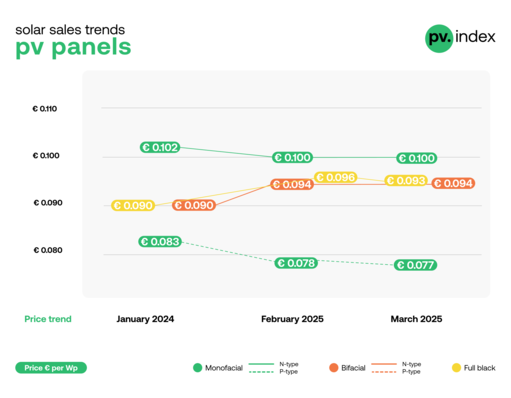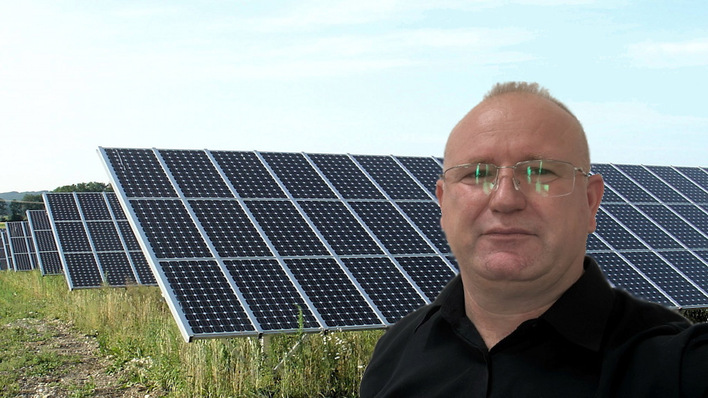The flooding in western Europe may also threaten the nuclear power plants on the Meuse River, which brings cooling water to the reactors. The Environmental Institute in Munich demands an immediate shutdown of the endangered reactors.
Currently, the situation at the Tihange nuclear power plant in Belgium is critical: until recently, the Meuse carried flood waters of up to 2,140 cubic metres per second. The flood protection measures are based on a historical bench mark flood from 1926 of 1,862 cubic metres per second, plus a safety buffer of 20 per cent to 2,234 cubic metres per second.
Meuse could flood reactors
The current flooding clearly exceeds the "millennium flood" of 1926. With the current design, the plant would have only narrowly missed being flooded. When the site of a nuclear power plant is flooded, unexpected failures, especially in electrical equipment, cannot be ruled out. In addition, in the event of an incident, access by rescue crews would be severely impeded or impossible due to the flooding.
In response to the nuclear disaster at Fukushima Daichi in Japan in 2011, which was flooded by a tsunami, the flood wall at Tihange was raised. However, this is not sufficient for protection from flooding expected in the future.
Safety margins are also insufficient at Doel
The design for a flow rate of up to 3,500 cubic metres per second of the Meuse, which was required in the stress tests after Fukushima, was scaled back for unknown reasons. Thus, the danger of flooding at the Tihange nuclear power plant persists. Currently, the highwater mark of the current Meuse flood appears to have been passed. According to information from the Belgian supervisory authority FANC on Twitter, increased vigilance is nevertheless still necessary.
Also interesting: juwi Shizen Energy builds 100-megawatt solar park in Japan
The second nuclear power plant site in Belgium, the Doel plant, is also insufficiently protected against extreme rainfall: The drainage system has already failed in the past. The Environmental Institute recently pointed this out in the context of an environmental impact assessment on the extension of the operational lives of the Doel 1 & 2 nuclear reactors.
A second Fukushima in Europe
"The current extreme weather conditions lead to human tragedies when those affected lose their belongings, their lives or their loved ones. Our thoughts are with those affected," says Hauke Doerk, Radioactivity Officer at the Environment Institute. "Unexpectedly strong floods could lead to a second Fukushima in Europe. The climate crisis further exacerbates the nuclear risk. We demand that flood-prone nuclear power plants be taken off the grid immediately and more investment be made in a renewable energy system that both mitigates the consequences of the climate crisis and is safe to operate." (HS/mfo)
See also: Why nuclear power is not an option








